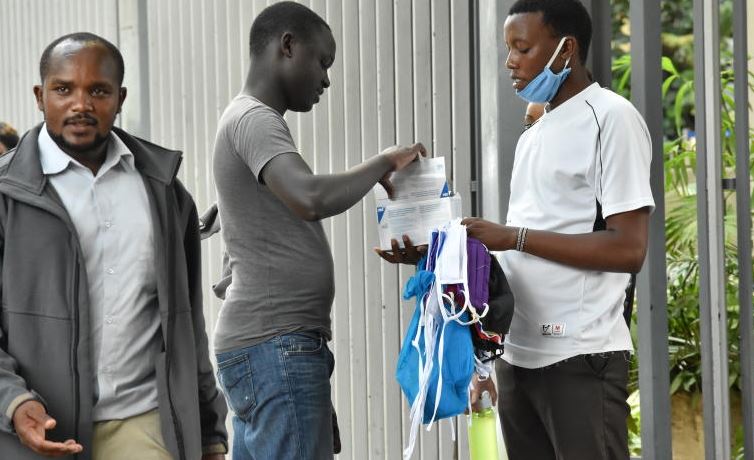×
The Standard e-Paper
Home To Bold Columnists

Less than half of Kenyans are wearing face masks, defying government directives aimed at curbing the spread of the coronavirus.
A survey conducted before the order on covering the mouth and nose while in public places indicated that only 42 per cent of the population was compliant.